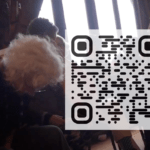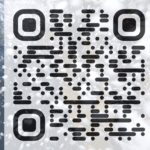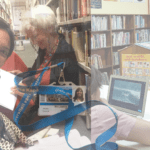The seminar with Karen Barad at Monkey Valley Resort, Cape Town, in 2017 had a profound influence on my research journey. It disrupted how relations between students, lecturers, family,time and place are conceptualised and practiced. Through Barad’s intra-active relational philosophy of agential realism, I have come to recognise the ethical and epistemological need for troubling the engrained and stultifying boundedness of academic writing and other practices. In my experience as a student, first pursuing a master’s degree and currently researching as a doctoral student, I am becoming more articulate about the entangled nature of relata (e.g., faith, animal, family, teaching) and the permeable boundaries between them. According to Barad (2007) and Haraway (2016), this worlding relationality inspires an ethic of response-ability not only for the ‘lesser-than’ human (e.g., Indigenous peoples, women, children) but also the more-than-human (e.g., animals, land, water). This chapter aims to re-imagine research as unbounded, porous and leaky. This includes the more-than-human as part of relational transindividual agency disrupting the bounded world of academia as separate or at a distance from other relations (Barad, 2007; Haraway, 2016; Neimanis, 2017). We have to work diffractively with time(s) and pay closer attention to that which is often already excluded.
Author(s)
Joanne Peers





